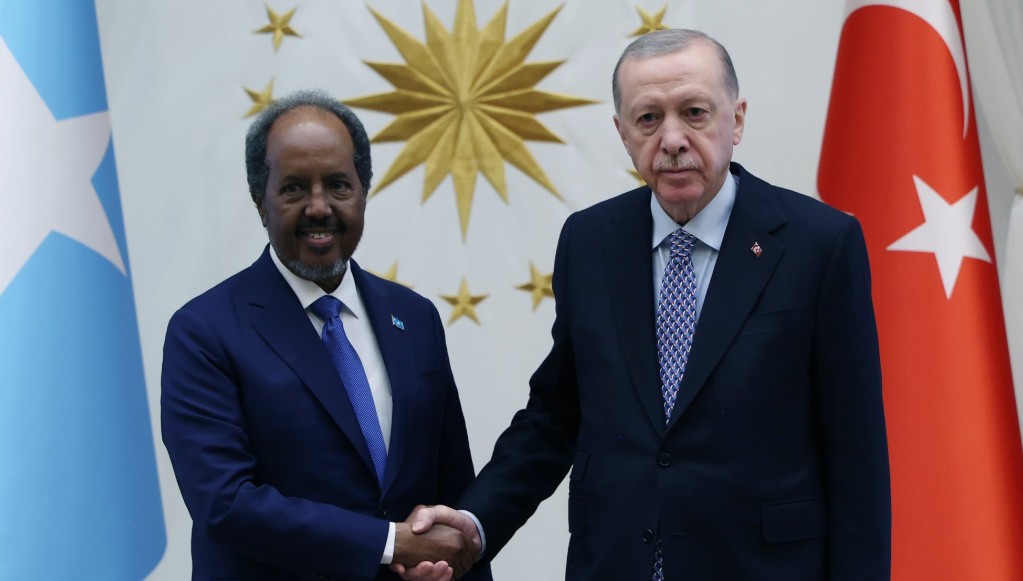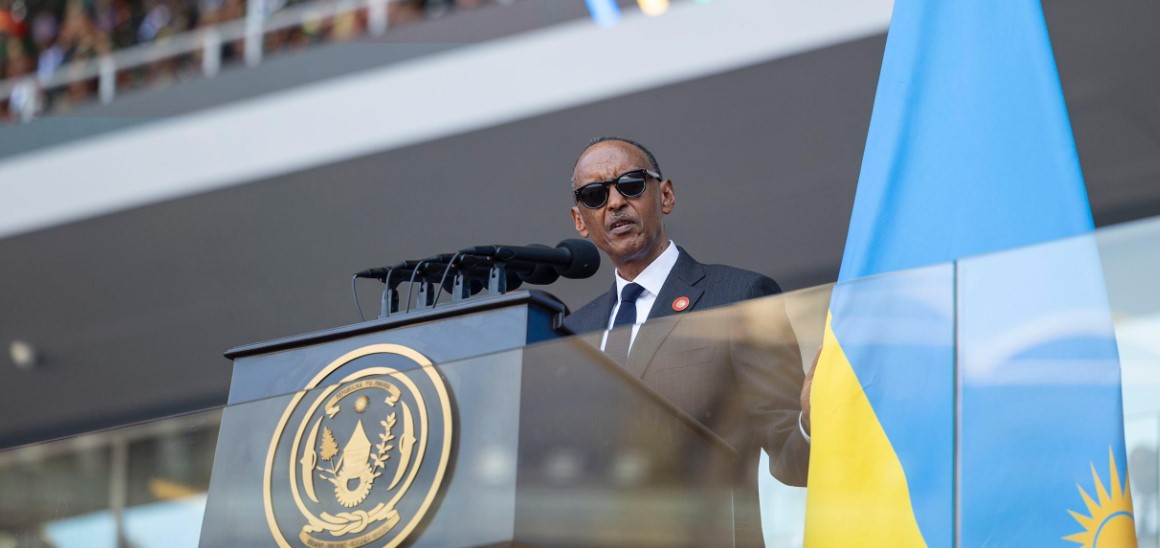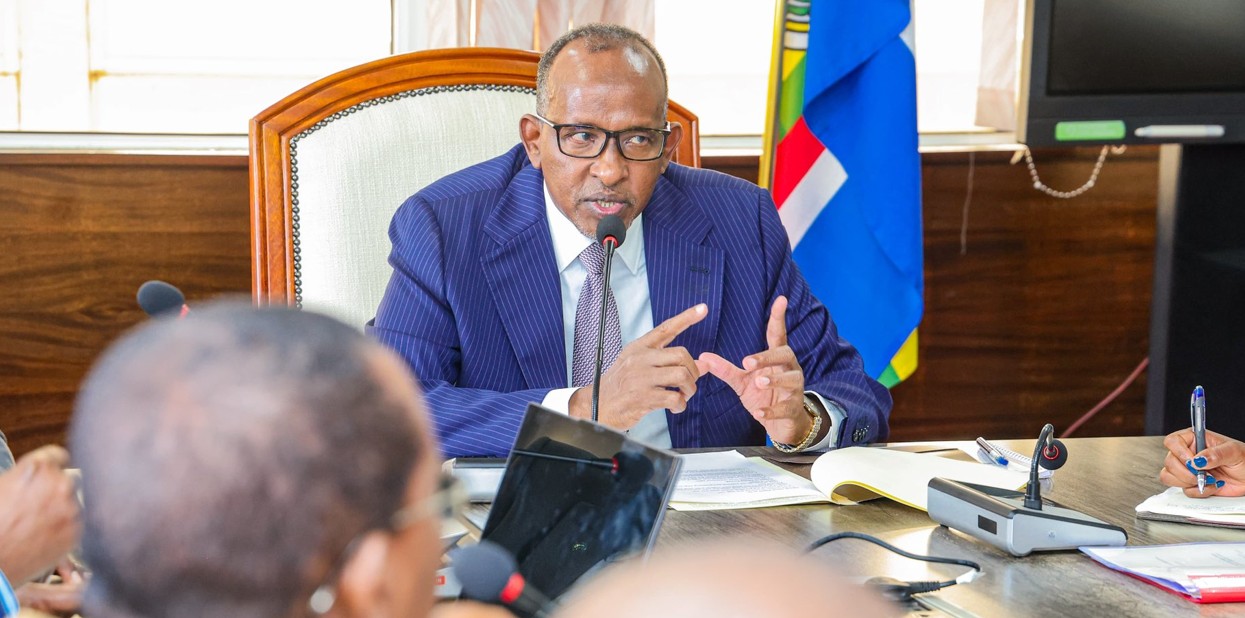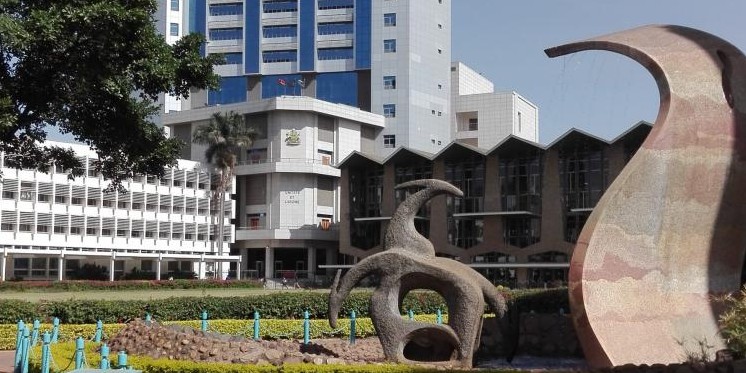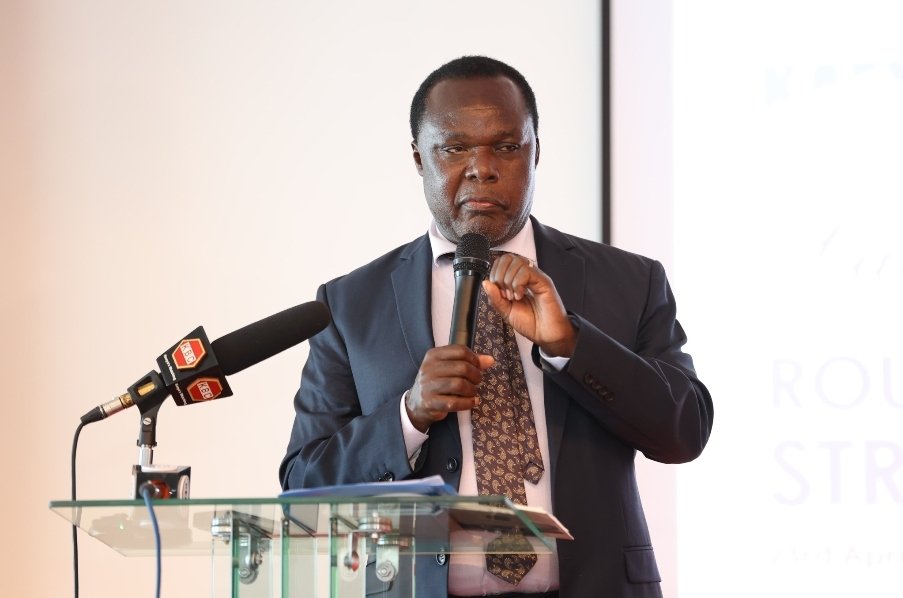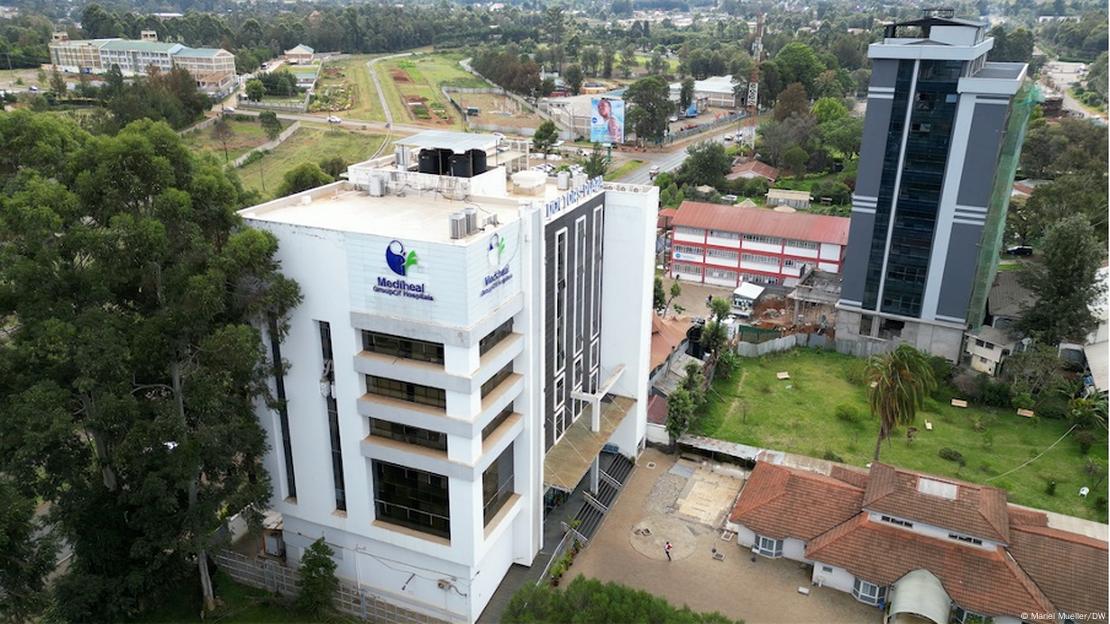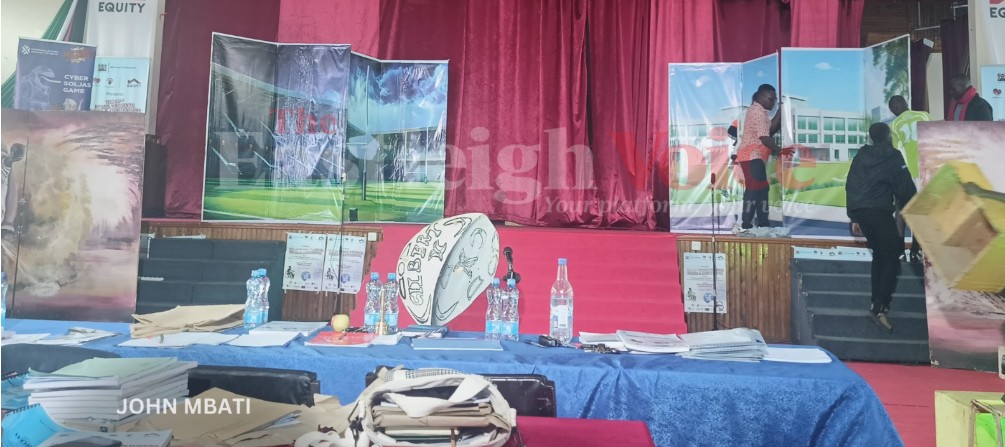Kenya’s new Foreign Affairs headquarters signals broader shift in China relations

The headquarters project has been in the works for almost four years, and the agreement is one of several expected to be finalised during Ruto's visit to China.
Kenya’s Ministry of Foreign Affairs will move forward with plans to build a new headquarters in Nairobi, following an agreement to be signed between Kenya and China.
The deal, which is part of President William Ruto’s ongoing state visit to Beijing, marks a significant milestone in the relationship between the two countries, deepening their diplomatic and economic ties.
More To Read
- Haiti mission funding secured until September 2025, says Foreign Affairs PS Sing'Oei
- Rights organisations slam Kenya for deportation of Turkish nationals, citing legal violations
- Ford Foundation ‘letter of apology’ to Kenya is fake - PS Sing'oei
- Focus shifts to Eastern African diplomats’ choice for AC Commission boss
The headquarters project has been in the works for almost four years, and the agreement is one of several expected to be finalised during the visit.
Foreign Affairs Principal Secretary Korir Sing’Oei confirmed the development in Beijing, but declined to disclose the cost of the project at this stage, saying it is still undergoing a feasibility study.
“This is a conversation we will have before we do the groundbreaking. At this point in time, it is undergoing a feasibility study,” Sing’Oei said in an interview as reported by The Star.
The project is part of China’s celebration of 60 years of diplomatic relations with Kenya. These ties began in 1963, were briefly interrupted in 1967, and were fully restored in 1978.
Financial support
In line with this anniversary, China has pledged to provide financial support for the construction through grants, reflecting the growing strength of bilateral relations.
The new headquarters will replace the Ministry of Foreign Affairs’ ageing offices on Harambee Avenue, which are no longer sufficient for the country’s expanding diplomatic needs.
The new facility is expected to meet the demands of a modern global diplomatic hub, though the exact location of the building has not been revealed.
A Chinese technical team visited Nairobi in May 2024 to begin the design work for the new facility. With the final plans yet to be approved, the groundbreaking ceremony is anticipated to take place after the completion of the feasibility study.
Sing’Oei stressed that the project is not only about infrastructure but is part of a larger agenda to enhance the strategic partnership between Kenya and China.
The visit is aimed at strengthening mutual understanding and developing a roadmap for future collaboration.
“It is about developing an understanding of where we are and where we want to be as two friendly nations,” Sing’Oei remarked, highlighting the broader significance of the visit beyond transactional agreements.
High-profile agreements
In addition to the headquarters deal, several other high-profile agreements are expected to be signed during President Ruto’s time in Beijing.
One such agreement involves the construction of two county referral hospitals in Kenya, further underscoring the focus on health and infrastructure development.
Sing’Oei also assured Chinese investors of Kenya’s commitment to fostering a transparent and competitive investment environment.
He outlined various incentives available to foreign investors, including favourable banking regulations, strong investment protection mechanisms, and an effective legal system for resolving disputes.
“These incentives are open to all investors, including our Chinese counterparts, as we seek to build a secure and attractive investment climate,” Sing’Oei said.
On the diplomatic front, President Ruto is scheduled to deliver a keynote address at Peking University, where he will highlight Africa’s vision for inclusive growth, leadership, and enhanced south-south cooperation.
His visit also includes high-level meetings with Chinese government officials and business leaders.
Another key focus of the trip is the inauguration of the Kenya Tea Holding Centre in Fujian Province. This centre will serve as a platform to promote Kenyan tea in one of China’s most important tea-producing regions, helping to support smallholder farmers and expand Kenya’s trade footprint in Asia.
“Situated in one of China’s key tea regions, the centre will enhance the visibility and market access of Kenyan tea, support smallholder farmers, and strengthen Kenya’s trade footprint in Asia,” a statement from State House said.
Access to Kenyan products
China’s Foreign Ministry Director General for Africa, Du Xiaohui, pointed out that Kenya is one of the first African countries to benefit from China’s Green Channel for African agro-products, allowing easier access to Kenyan products such as flowers, avocados, and omenas into the Chinese market.
“Kenyan flowers, avocados, and omenas are increasingly available in the Chinese market. In 2023, China-Kenya trade volume reached $8.6 billion (Sh1.1 trillion),” Du noted.
The growing trade relations between the two nations have been supported by the China-Africa Economic and Trade Expo, which Kenya participated in last year. The next expo is set to take place in Changsha in June, and Kenya is preparing to further expand its presence at the event.
To help Kenyan exporters tap into the Chinese market, the Kenya Export Promotion and Branding Agency (KEPBA) will host a meeting on Thursday at the Serena Hotel. The meeting will bring together farmers, exporters, government officials and trade associations to discuss opportunities and challenges in exporting to China.
KEPBA’s aim is to educate exporters on navigating the Chinese market, including regulations, logistics, and best practices. The agency also seeks to improve market penetration for Kenyan products, including non-traditional exports, and foster direct business relationships with Chinese buyers.
Data from the Tea Board of Kenya shows that demand for Kenyan tea in China is rising, particularly for orthodox tea leaves, which is a shift from Kenya’s dominant black CTC tea. The increased interest from China reflects the growing importance of the Chinese market for Kenya’s tea exports.
According to Dr Cliff Mboya, an Africa-China analyst, the growth in exports of fresh produce and tea to China is a positive sign of progress in Kenya’s agricultural sector, with both production volumes and value-added products increasing.
Top Stories Today
